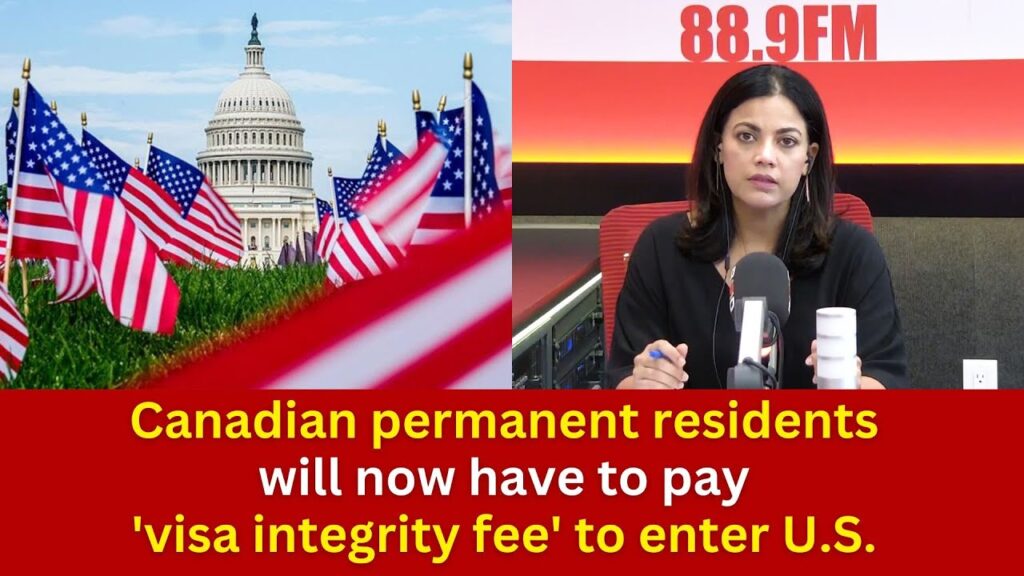
Introduction
The U.S. Department of Homeland Security recently announced a new Visa Integrity Fee that is set to impact Canadian citizens applying for various U.S. visas. This fee, which aims to enhance the integrity of the visa process, is being introduced at a critical time as more individuals seek international travel opportunities in a post-pandemic world. Understanding the scope, implications, and operational details of this fee is essential for Canadian travelers and visa applicants.
What is the Visa Integrity Fee?
The Visa Integrity Fee is a new charge to be applied to specific categories of non-immigrant visa applications including work, study, and other temporary visas. The fee is implemented as part of an effort by the U.S. government to bolster the monitoring and management of visa compliance and to deter fraud. It is expected to be included in the application process, increasing the overall cost of obtaining a visa.
Details of the Fee Implementation
As of September 2024, Canadian citizens applying for certain U.S. visas will see an addition of approximately $100 to their application fees. According to U.S. immigration officials, the fee will help fund programs designed to improve the detection of visa overstays and enhance the integrity of the U.S. immigration system. This initiative is pertinent as visa overstays have been a growing concern over the years, leading to unease regarding unauthorized residency.
Implications for Canadian Applicants
The introduction of the Visa Integrity Fee means that Canadian citizens must budget for this extra cost along with the regular application fees. This adjustment may influence the decisions of some Canadians regarding travel or employment in the U.S., particularly in sectors that heavily rely on work visas. Understanding the rationale and supporting programs funded by this fee can help applicants appreciate its broader significance.
What to Expect Moving Forward
While the implementation date is set for September 2024, it is advisable for Canadian citizens to stay informed about any potential changes or updates regarding the Visa Integrity Fee. In addition, with advancements in technology and changes in global mobility dynamics, further regulations may evolve in response to the efficacy of this fee. It is crucial for potential travelers to prepare accordingly and to seek information from reliable sources or immigration professionals when planning their applications.
Conclusion
In summary, the introduction of the Visa Integrity Fee for Canadian citizens represents a significant policy shift in U.S. immigration practices. By boosting the costs associated with visa applications, the U.S. government aims to ensure compliance and reduce fraud within its visa system. As travel continues to increase, staying informed about these changes will empower Canadian citizens to navigate the visa application process effectively, ensuring a smooth journey towards their international aspirations.



